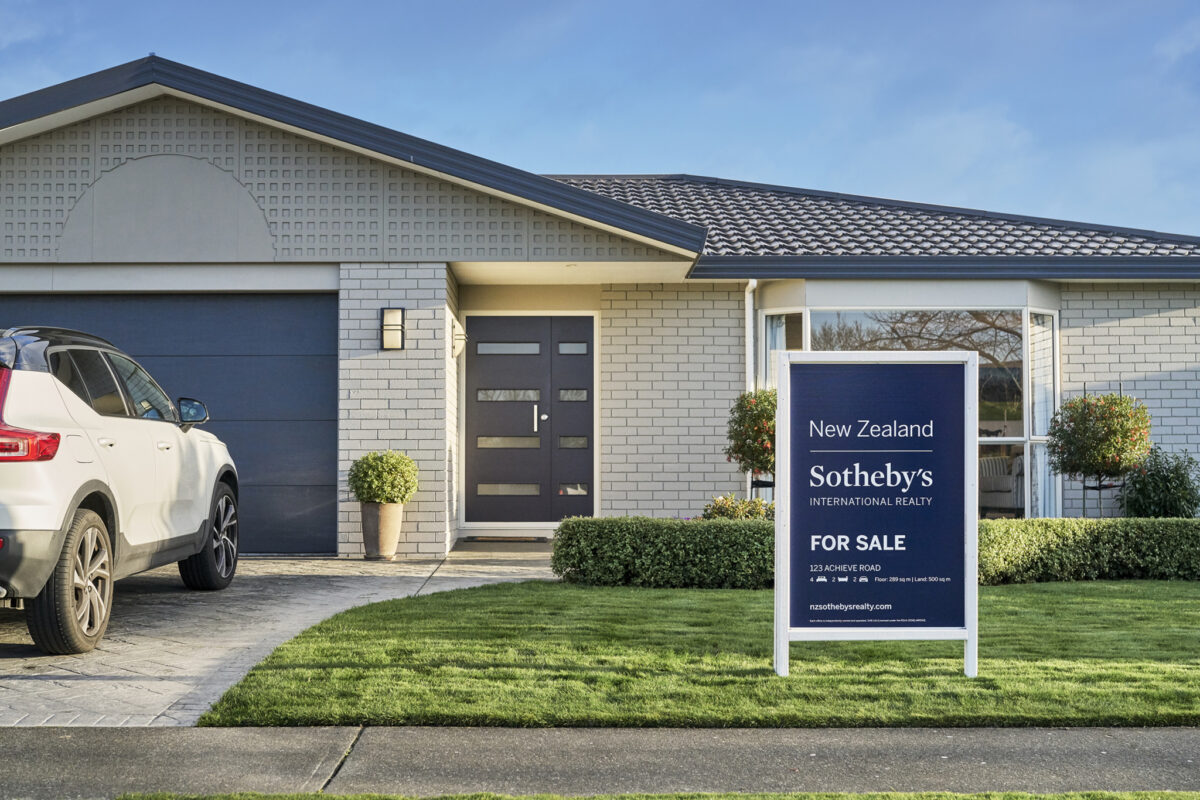Napier’s average house value now sits at $655,000 according to the latest rating valuations prepared by Quotable Value (QV), an increase of 35.2% since 2017. The corresponding average land value has increased by 37.1% to $304,000.
Rating valuations are usually carried out on all New Zealand properties every three years to help local councils set rates for the following three-year period. They reflect the likely selling price of a property at the effective revaluation date, which was 1 September 2020, and do not include chattels. The new valuations will be posted to Napier property owners in the coming weeks.
“The demand for residential housing has been very strong since New Zealand came out of lockdown, with most residential properties seeing increases of between 30%-45% since the 2017 revaluation. The biggest increases have been experienced in the entry-level locations where first home buyers are competing hard with investors,” says QV’s Andrea Christie.
Commercial property capital values have also risen since 2017, with a 30.3% increase, and a corresponding land value increase of 76.2%. Capital values in the industrial sector have increased by 47% with industrial land values increasing 84.4% over the three-year period.
“This shows a solid performance for commercial and industrial properties which have displayed resilience throughout the challenges of lockdown,” said Christie. “The industrial locations have performed particularly well with the low interest rate environment providing opportunities for existing tenants to become their own landlords for the first time.”
Lifestyle and rural properties have also experienced considerable growth since 2017, with the average capital value of an improved lifestyle property increasing by 30.3% to $1.2 million, while the corresponding land value for a lifestyle property increased by 45.2% to $563,000.
QV says the it’s helpful to remember the effective rating revaluation date of 1 September 2020 has passed and any changes in the market since then will not be included in the new rating valuations. This means in many cases a sale price achieved in the market today may be different to the new rating valuation set as at 1 September 2020 and that rating valuations are not designed to be used as market valuations for raising finance with banks or as insurance valuations.
If property owners do not agree with their rating valuation, they have a right to object through the objection process before 22 January 2021.


It is going to get very messy when the housing market crashes.